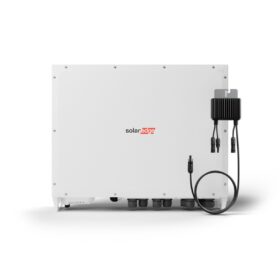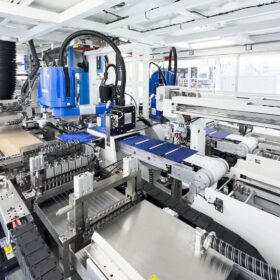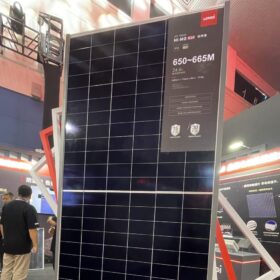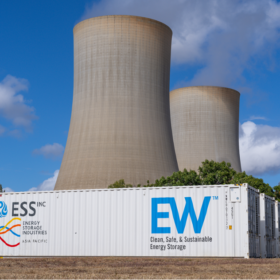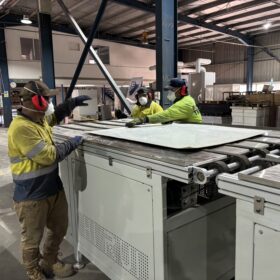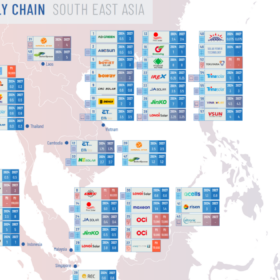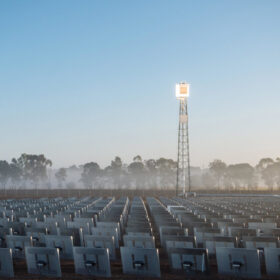SolarEdge unveils inverters for smaller solar projects
SolarEdge has unveiled its new TerraMax Inverter, which boasts 99% efficiency and enables 200% DC oversizing. It features an integrated night-time PID rectifier and is paired with the company’s H1300 Power Optimisers.
Curtin finding tipped to boost solar cell performance
A group of researchers in Western Australia has discovered how to make more molecules stick to the surface of tiny semiconductor nanocrystals, in a finding they say could revolutionise the efficiency and performance of solar panels.
SunDrive teams with Trina on solar tech development
Solar cell technology innovator SunDrive Solar will join forces with Chinese PV manufacturing giant Trinasolar to develop “cutting-edge” manufacturing facilities and bring Australian-made solar panels to market at scale.
Longi introduces 665 W HPBC photovoltaic modules
The Chinese PV manufacturer said its new module series has a power conversion efficiency of up to 24.8% and temperature coefficient is -0.26% per C.
Grid-scale battery manufacturer gets $3 million boost for electrolyte production
Grid-scale battery manufacturer Energy Storage Industries Asia Pacific has received a $3 million Queensland government investment to increase its production of iron flow battery electrolytes by 40 million litres per year.
Queensland solar panel recycling solution aims to scale-up nationwide
Brisbane-headquartered Pan Pacific Recycling has begun materials recovery from end-of-life solar panels as part of a Smart Energy Council stewardship pilot, which aims to fast track a repurposing solution for the rest of Australia’s mounting solar waste problem.
Fortescue launches US manufacturing plant with marine battery
Australian mining and green energy major Fortescue plans to launch its manufacturing efforts in the United States by producing a high-voltage battery pack with up to 34 kWh capacity built around the company’s scalable battery module technology.
Sinovoltaics tracks 78.8 GW solar module capacity in Southeast Asia
The latest supply chain map from Sinovoltaics tracks growth across Southeast Asia, with module capacity reaching 78.8 GW, and 58 production projects tracked.
Building-integrated PV system integrates PCM on sides
Scientists have designed a new building-integrated PV system that uses 30 mm of phase change material on each side of the wall. The array reportedly achieved superior thermoelectric coupling performance compared to reference BIPV systems without PCM.
Contracts awarded for concentrated solar-powered green methanol plant
Australian concentrated solar thermal energy specialist Vast Renewables has announced key contracts for its proposed Solar Methanol 1 green fuels project being developed in South Australia.
